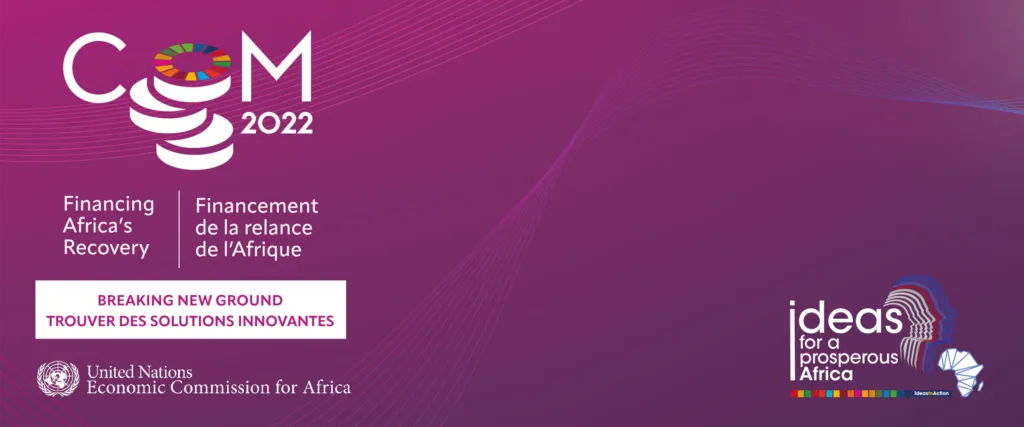Africa should be disappointed at the failure of most governments to allocate 15% of GDP to the health sector, said Winnie Byanyima, Executive Director of UNAIDS.
“We should be angry at ourselves,” she said, referring to the failure of African governments to stick to the Abuja Declaration which was signed in 2001.
Speaking on a panel entitled ‘The Future of Health and Economic Resilience’, Byanyima said that Africa should also be angry at the way it has been blocked by global drugmakers from producing much-needed vaccines during the Covid-19 pandemic.
The current wrangling around vaccine patents is similar to Africa’s battle to secure crucial HIV drugs after they were first created over a decade ago.
“The drugs were available in the global north well before they were available in Africa, “she said.
This underlines the need for Africa to create its own pharmaceutical and medical equipment, otherwise the continent will not secure its “sovereignty”.
However, despite the failure by most African governments to meet the threshold of the Abuja Declaration there are some examples of public-led success in Africa.
Senegal, for example, has allocated about 10% of its budget (not including debt servicing) to the healthcare sector.
Amadou Hott, Senegal’s Minister of Economy, Planning and International Cooperation, said that the West African country has also allocated 25% of its budget to education, leading to a total of 35% for social sectors.
However, the minister said that Senegal is also looking to the private sector and public private partnerships (PPPs) to help drive more investment into healthcare while fiscal space remains limited.
The government and a private company are currently building a hospital in Saint Louis which should be “very profitable” when completed.
Awa Marie Coll Seck, Co-Chair of the WHO Commission for the Realignment of Child Health with the Sustainable Development Goals, said that thankfully the Covid-19 pandemic has put health at the top of the development and financial agenda.
Before the crisis, the sector had been neglected in favour of investments in physical assets like infrastructure, energy and transport.
Amos Lugoloobi, Uganda’s Minister of State for Finance, Planning and Economic Development, said that it is important to use state funds efficiently to invest in healthcare programmes, arguing that shrewd planning can lead to impressive returns.
He said that Uganda is looking at increasing VAT to invest more capital in the healthcare sector.

Want to continue reading? Subscribe today.
You've read all your free articles for this month! Subscribe now to enjoy full access to our content.
Digital Monthly
£8.00 / month
Receive full unlimited access to our articles, opinions, podcasts and more.
Digital Yearly
£70.00 / year
Our best value offer - save £26 and gain access to all of our digital content for an entire year!
 Sign in with Google
Sign in with Google 



